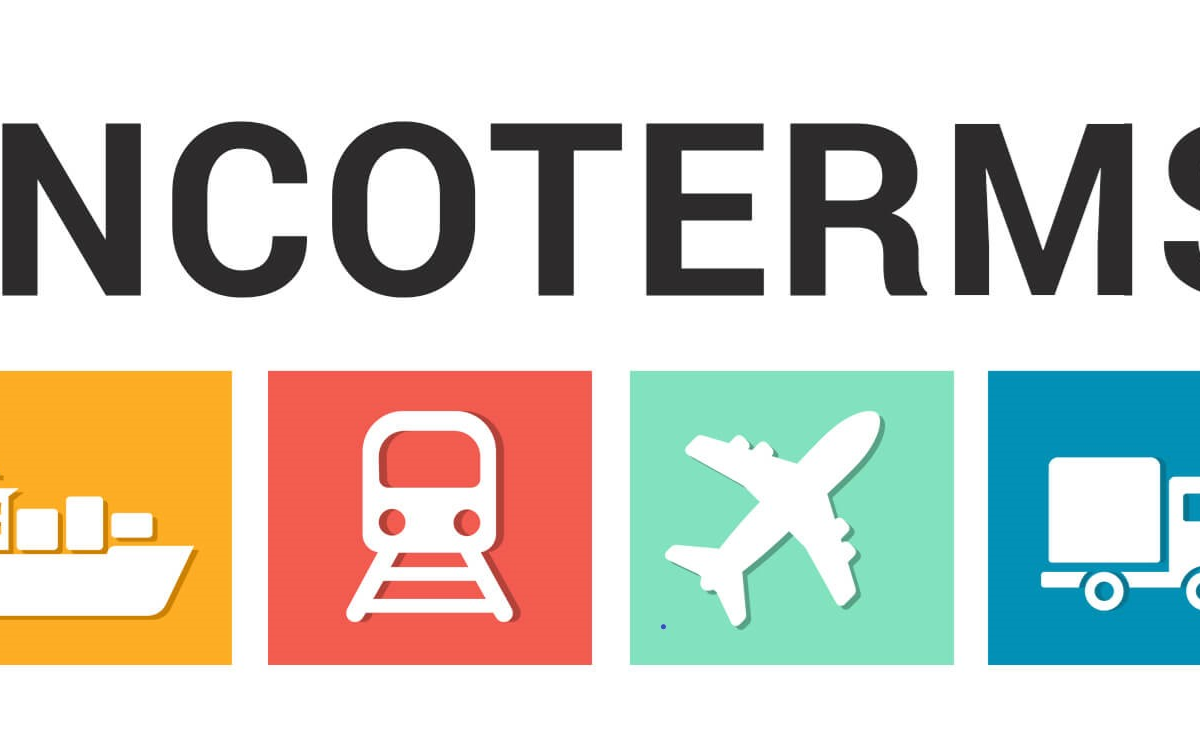This article is written by Austin Garcia
The US government is concerned about the potential impact of low-cost Chinese autos and parts on the American auto industry, fearing that the import of these products could threaten the viability of American car companies. The Alliance for American Manufacturing warns that the introduction of cheap Chinese vehicles could lead to an “extinction-level threat” for the U.S. auto sector. Chinese automakers have found a way to circumvent U.S. tariffs by establishing operations in Mexico, provided they adhere to rules stipulating how much of a vehicle must be produced locally. To avoid U.S. tariffs, goods must have a certain percentage (usually 75%) of regional assembly and components, which varies depending on the product and the sector.
Vehicles and parts produced in Mexico can qualify for preferential treatment under the U.S.-Mexico-Canada trade agreement and a $7,500 electric vehicle (EV) tax credit. This issue has gained attention following reports that China’s BYD plans to establish an EV factory in Mexico. A bipartisan group of U.S. lawmakers has urged the Biden administration to increase tariffs on Chinese-made vehicles and explore ways to prevent Chinese companies from exporting to the United States from Mexico.
Chinese electric vehicle companies have expanded rapidly in recent years, emerging as significant competitors for U.S. automakers like Tesla. Last year, China’s exports of EVs surged by 131.8% year on year to approximately 680,000 units. Mexican officials have clarified that they will not grant incentives similar to those awarded to automakers in the past and will pause any future meetings with Chinese automakers.
Industrial states like Durango, Jalisco, Mexico State, and Nuevo Leon are seeking Chinese automakers to open assembly plants, offering a wide range of incentives. Nuevo Leon last December approved $153 million in incentives for a Tesla plant. Federal incentives have in the past been generous, including free land, water and energy facilities and help in hiring workers, said Francisco Bautista, a partner at EY in Mexico. As this dynamic continues to unfold, it will be crucial to monitor the responses of various stakeholders involved, including the U.S. government, American auto manufacturers, Mexican officials, and Chinese automakers.
Here at TradeFlex we provide business model analysis, manufacturing management strategies, duty tariff optimization , compliance management, regulatory consultation, duty reduction programs, supply chain and tariff engineering, and cross-border solutions. With over 30 years of expertise, we help businesses land softly in Mexico, ensuring efficient, compliant, and cost-effective cross-border operations. Come work with us today at https://trade-flex.com.



